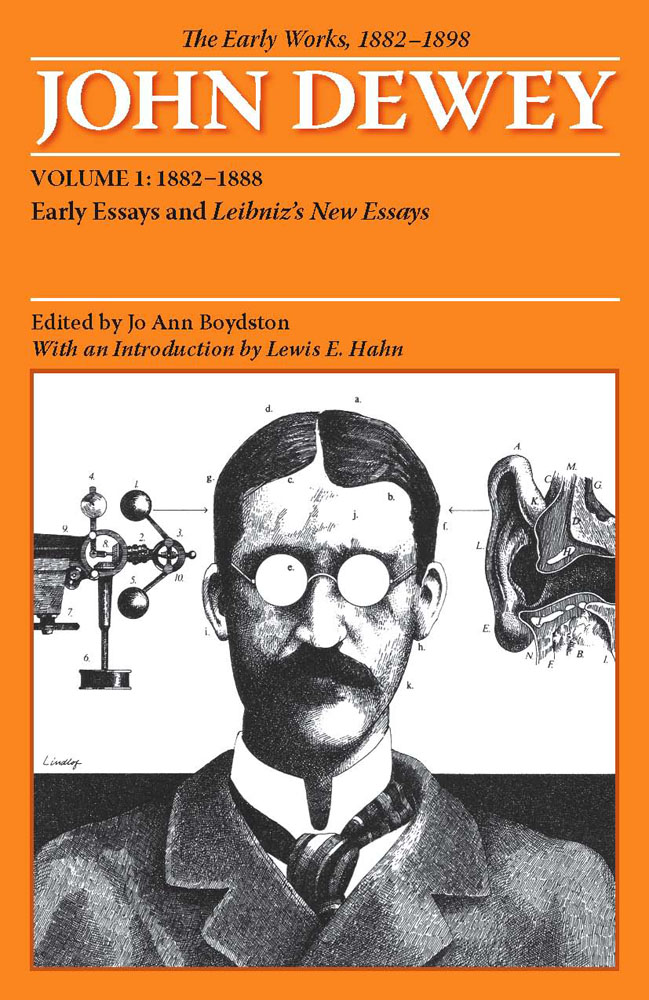October 20, 1859-
June 1, 1952
Personal Data
Born: October 20, 1859, Burlington, VT
Died: June 1, 1952, New York, NY
Married to Alice Chipman (died in 1927)
Second wife was Roberta Lowitz Grant
7 children
Education
Ph.D. John Hopkins University 1884
B.A. Philosophy, University of Vermont 1879
Employment
|
1879-1883 |
High School Teacher |
|
1884-1888 |
Professor of Philosophy, University of Michigan |
|
1888 |
Professor of Philosophy, University of Minnesota |
|
1889-1894 |
Professor of Philosophy, University of Michigan |
|
1894 |
Chair of department: Philosophy, Psychology, & Pedagogy, University of Chicago, Chicago, IL |
|
1899 |
President of American Psychological Association |
|
1905 |
President of American Philosophical Association |
|
1904-1930 |
Professor, Columbia University, New York, NY |
|
1930-1939 |
Emeritus Professor, Columbia University, New York, NY |
Awards and Honors
Emeritus Professor
Honorary Doctorate, University of Paris
Membership-Professional Organizations
American Psychological Association
American Philosophical Association
Publications
Dewey, J. (1916). Democracy and education: an introduction to the philosophy of education. New York: Macmillian.
Dewey, J. (1940). Education today. New York, NY: G.P. Putnam’s Sons.
Dewey, J. & Findlay, J. J. (1910). Educational essays. London, England: Blackie & Son.
Dewey, J. (1902). Educational situation. Chicago, IL: The University of Chicago Press.
Dewey, J. (1939). Experience and education. New York, NY: Macmillan.
Dewey, J. (1913). Interest and effort in education. Boston, MA: Houghton Mifflin.
Dewey, J. (1897). My pedagogic creed. New York, NY: E. L. Kellogg.
Dewey, J., (1929). The sources of a science of education. New York, NY: H. Liveright.
Dewey, J. & Dewey, E. (1915). Schools of tomorrow. New York, NY: E. P. Dutton.
Dewey, J. (1916) Democracy and Education. An introduction to the philosophy of education (1966 ed.), New York, NY: Free Press.
Dewey, J. (1933) How We Think. A restatement of the relation of reflective thinking to the educative process (Revised ed.), Boston, MA: D. C. Heath. Brilliant
Dewey, J. (1938) Experience and Education, New York: Collier Books. (Collier edition first published 1963).
Dewey, J. (1929) Experience and Nature, New York: Dover. (Dover edition first published in 1958).
Professional Interest Areas
Education
Democracy
Society
Human Nature
Philosophy of Education
Psychology
Reflective thinking
Major Contributions to Adult Education
He wrote for the general public (adults) about social problems and critical issues confronting American industrial democracy. He was a leader in many liberal causes, in civic organizations, and in national affairs. He was the founder of the New School for Social Research in New York City.
Additional Resources
Photo Gallery



Video/Audio
Books




Interesting Quotes
Education, therefore, is a process of living and not a preparation for future living.
Failure is instructive. The person who really thinks learns quite as much from his failures as from his successes.
Skepticism: the mark and even the pose of the educated mind.
The belief that all genuine education comes about through experience does not mean that all experiences are genuinely or equally educative.
The self is not something ready-made, but something in continuous formation through choice of action.
References
http://www.infed.org/thinkers/et-dewey.htm
Retrieved July 1, 2008
http://www.radicalacademy.com/hildewey.htm
Retrieved July 7, 2008
http://www.notablebiographies.com/De-Du/Dewey-John.html
Retrieved July 25, 2011
http://www.answers.com/topic/john-dewey
Retrieved July 25, 2011
